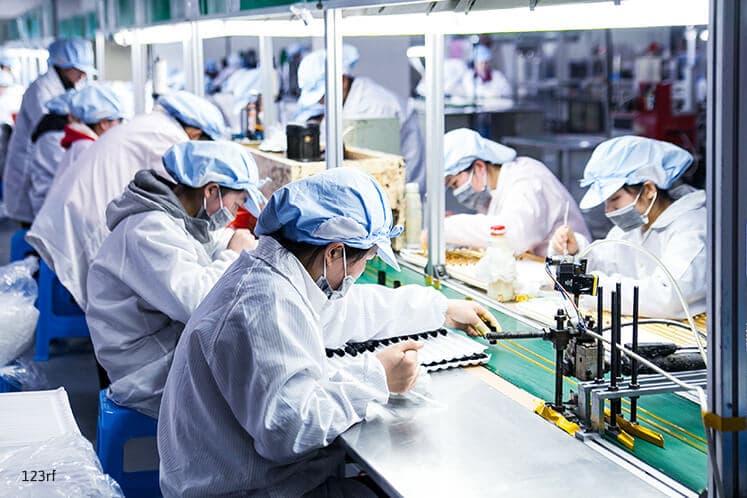
This article first appeared in The Edge Financial Daily on August 7, 2017
KUALA LUMPUR: The Steel Wire Association of Malaysia (SWAM) has obtained leave to pursue a court challenge against safeguard duties imposed by the international trade and industry ministry (Miti) on imported steel wire rods (SWR) and deformed bar in coils (DBIC).
Granted by the Kuala Lumpur High Court last week, the leave paves the way for the association to seek a court order to quash the safeguard duty, people familiar with the matter told The Edge Financial Daily.
The judicial review is only for the safeguard duties for SWR and DBIC, which was announced on April 13. The proceedings do not involve safeguard duties on imported steel concrete reinforcing bar (rebar) which was also announced on the same day.
It is learnt that the proceedings involve SWAM and Miti. The Malaysian Steel Association (MSA), whose petitions last year initiated the safeguard investigations that culminated in the safeguard duties, had applied to be part of the proceedings.
Rebar is mainly used for construction activities in Malaysia whereas SWR and DBIC are used by downstream steel manufacturers — many of whom are SWAM members — to produce steel wire mesh, fending and fasteners such as nuts, bolts and nails.
The duties for SWR and DBIC begin at 13.9% for the year up to April 14, 2018, then 12.9% and 11.9% respectively for the subsequent two years. Meanwhile for rebar, imports are slapped with a 13.42% import duty for 12 months up to April 13, 2018, followed by 12.27% and 11.1% each for the subsequent two years.
To recap, Miti had imposed the two duties after concluding two parallel safeguard investigations, which it initiated following safeguard petitions by the MSA in June 2016.
During the three-year period of safeguard duties, the petitioners would have to implement the individual adjustment plans submitted alongside their petitions. While plans vary, the steel mills had generally aimed to boost efficiency and productivity by improving processes and investing in plant upgrades and modifications, among others.
“During the implementation phase, the government reserves the right to review and make changes to the safeguard measures after taking into consideration various circumstances such as the adjustment plan,” Miti told The Edge Malaysia weekly last April when asked about the adjustment plan.
The MSA petitioners are Ann Joo Steel Bhd, Southern Steel Bhd, Malaysia Steel Works (KL) Bhd as well as Lion Industries Corp Bhd’s subsidiaries Amsteel Mills Sdn Bhd and Antara Steel Mills Sdn Bhd.
They had claimed that the domestic producers of rebar, SWR and DBIC were substantially hurt by surging imports between Oct 1, 2012, and Sept 30, 2015, which caused them to lose market share, downsize workforce and scale back operations.
Collectively, the participating steel mills account for 73.4% of local rebar output and 100% of local SWR and DBIC production.
The petitions were strongly objected to by various steel industry players who use the three steel products as raw materials because the additional duties would increase their procurement costs, hurting profit margins.
For rebar, the objecting players had included the Master Builders Association Malaysia and the Malay Contractors Association Malaysia.
Meanwhile, SWAM — whose members include public-listed manufacturers such as Chin Well Holdings Bhd, Engtex Group Bhd, Leader Steel Holdings Bhd and YKGI Holdings Bhd — had raised concerns over the safeguard petition for SWR and DBIC.
“During the investigations, the government assessed the issues and concerns submitted by all interested parties in accordance with the Safeguards Act 2006 and Safeguards Regulations 2007,” said Miti when announcing the imposition of the safeguard duties in April.